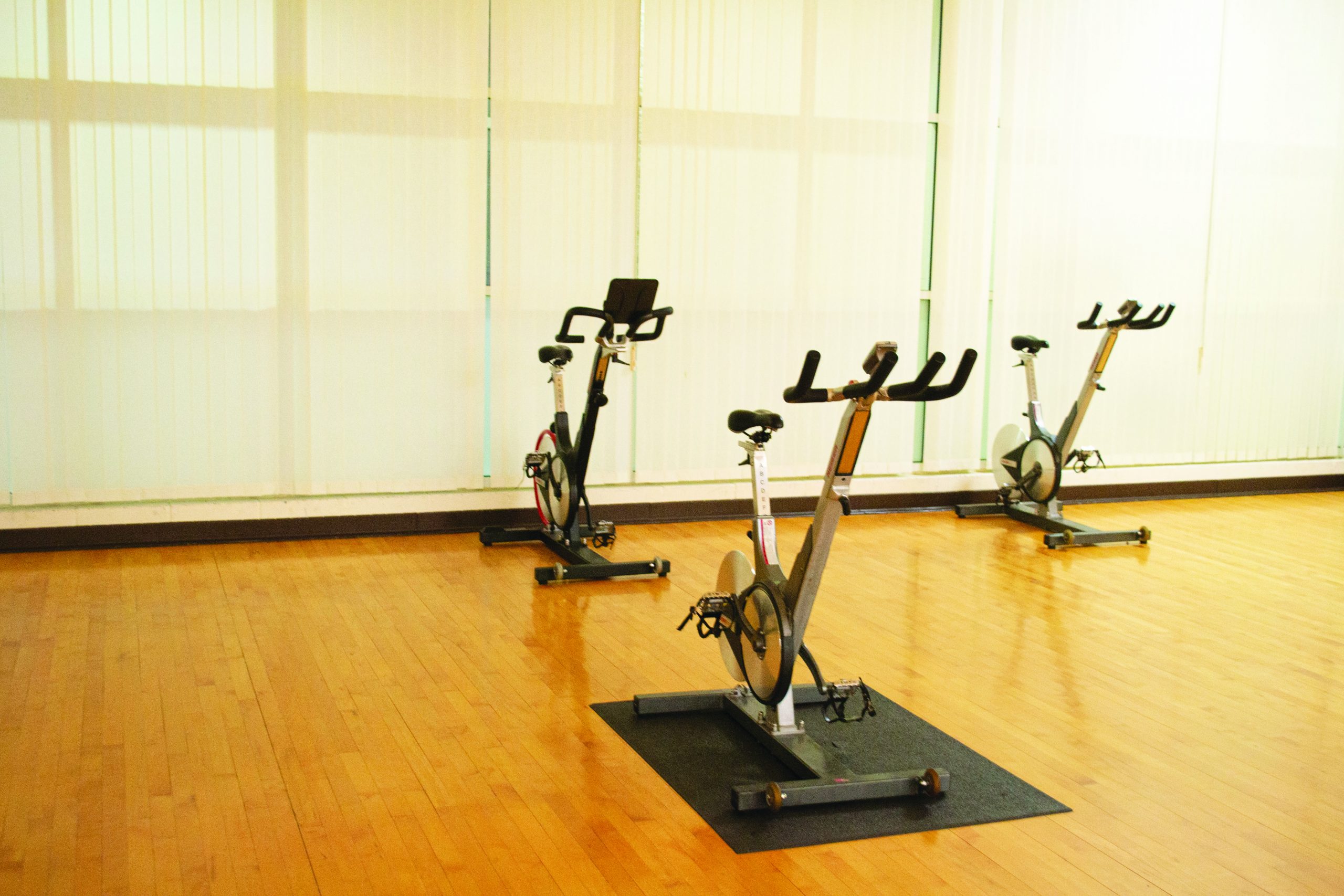Happy Daze: Exercise as Restorative Therapy
Whether it’s getting into an argument with someone, getting a bad grade on the assignment you worked so hard on, breaking your new phone screen, or anything else that makes you upset, coping is an important strategy to minimize stress levels. The way I personally cope with stress is by going on runs or doing small exercises in my dorm room. We’ve all heard that exercise is beneficial for mental health, but is this really true? And if so, what’s really happening to our brains to make us feel better?
Yes, exercise really is beneficial to our mental health. Exercise has also shown to be successful as a therapeutic agent for some mental health disorders such as anxiety. Eric Newhouse, an author for Psychology Today, explains that humans continuously increase their number of neurons throughout their life but during exercise, there is a heightened increase in neuronal development. For post traumatic stress disorder (PTSD), a type of anxiety disorder, this neuronal boost can be especially beneficial. People with PTSD experience difficulty in distinguishing between safety and danger, and an increase in neuronal connections can help the brain decipher between these states.
This theory was tested on mice by diminishing the amount of neuronal growth in one group and increasing neuronal growth in another group. An electric shock was administered to the groups of mice. Then, these mice were introduced to a similar environment, but with no harmful stimulus. It was found that the group with hindered neurogenesis demonstrated a skittish reaction both in the harmful and safe environments, supporting the theory that neuron development impairment leads to symptoms like those of anxiety disorders.
Experiments on mice were also performed to link this theory to the therapy of exercise. Mice that exercised by running on a wheel showed increased levels of neuron growth than mice without exercise. Furthermore, studies have shown that war veterans, people that commonly experience PTSD, have reduced anxiety when they partake in physical activity such as hiking.
Rylie Cherico ‘22 can attest to the use of exercise in reducing anxiety, stating “My stress relief is blasting music and running. When I start, I just want to keep going because it’s my way of escaping. I initially picked up running in ninth grade while I was put under stress transitioning from middle to highschool. It was then that my basketball coach suggested taking up running. I found that after trying everything to cope with my anxiety, exercise was the method that made me feel the best as it added balance to my life. I loved it so much that I started running on the track team, which actually brought me to St. Lawrence!”
Through an increase in neurogenesis, exercise can be utilized as a type of therapy for people struggling with anxiety disorders, and particularly, PTSD. Feeling anxious? Get your feet moving!



